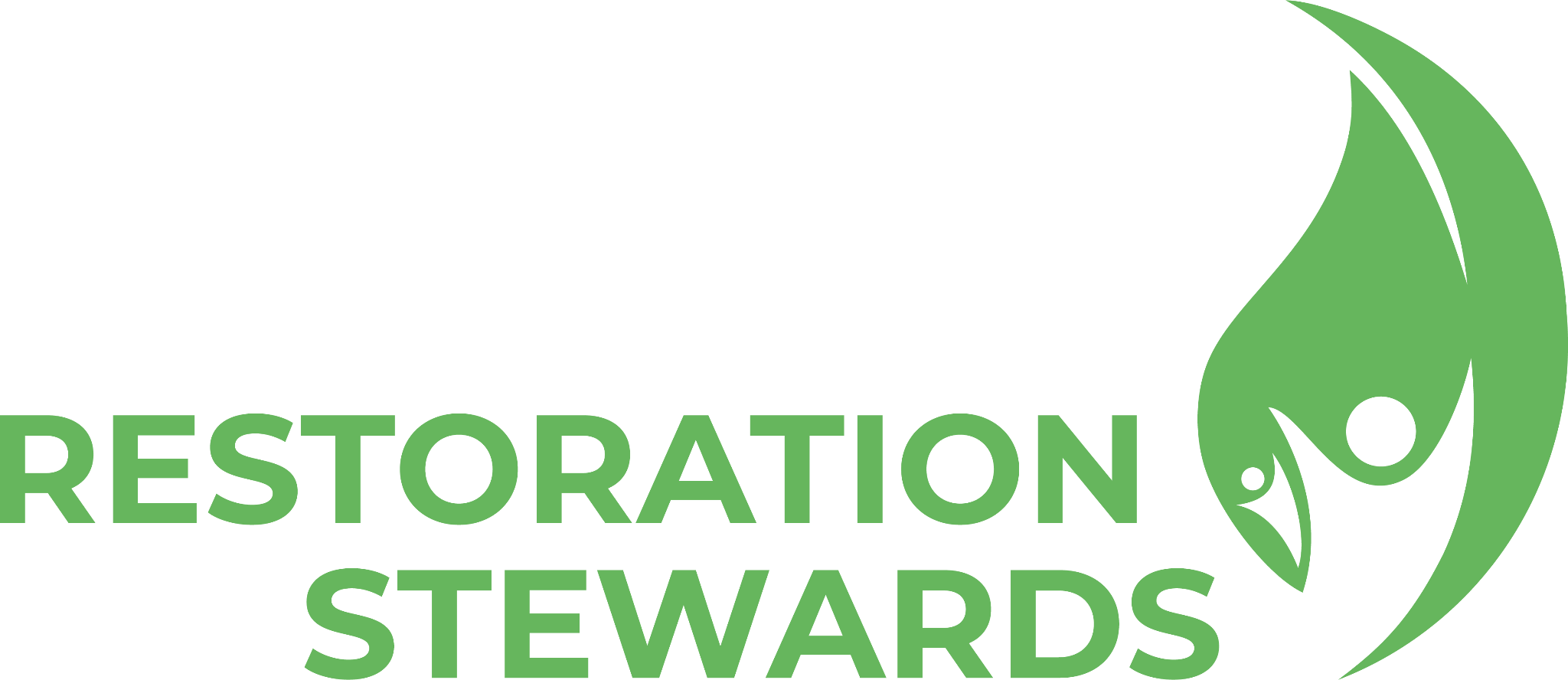Empowering communities through mangrove planting
By Shafa Fakhira, social media specialist, Pongo Ranger Community
Edited by Dwi Riyan, 2023 Wetland Restoration Steward and Pongo Ranger Community co-founder
On Indonesia’s Independence Day, 17 August, the Pongo Ranger team visited our project site in the village of Tanjung Baik Budi, Ketapang, West Kalimantan, to meet with a group of eight farmers and discuss mangrove planting.

Since this is not the first time our team has undertaken rehabilitation in a coastal area, we began by discussing our previous planting efforts. Feedback is important for us to increase the success rate of mangrove growth. We received some inputs from the community on mangrove planting activities as a whole, including suggestions for carrying out post-planting monitoring and evaluation processes to ensure the success of the planted seedlings.
In the nearby coastal area, there are also organizations involved in mangrove plantation. However, they are less focused on post-planting activities, so locals want to ensure that our program includes routine post-plantation monitoring.

We also discussed the specific area where we will implement the project. We believe this step is essential because the local community is more experienced with site-related technical issues. Involving the local community from the beginning can foster a sense of belonging and also directly benefit community members as the main actors in this project.

Through discussion, our team and the farmers reached a consensus on how to collaborate to ensure the success of this project.
Following our discussion, we proceeded to the next step: holding an internal discussion on the agreement with the community, which includes setting prices for seedlings and eco-polybags, which are eco-friendly alternatives to plastic bags, woven directly by the community to reduce plastic use during planting. We help the community market these eco-polybags.

Pongo Ranger will then prepare capacity building sessions to help the farmers with post-planting monitoring and evaluation. The farmers had previously planted without any subsequent monitoring, making it difficult to assess the impacts. We will also conduct an assessment of the potential for training women’s groups in the village on eco-polybag weaving, ensuring that this project has not only ecological but also economic impacts.

Lastly, we believe that this project holds promise for future integration with local government programs. In the near future, Pongo Ranger will explore collaborative planting programs with the local government, not only for sustainability purposes but also as a platform to showcase the efforts of youths in coastal conservation.

In the next phase of our journey, we will be working closely with the farmers to prepare for upcoming planting activities. This preparation will involve seed selection and training. As we move forward, our collective efforts are aimed at preserving and nurturing this invaluable conservation project. Together with the local community, we are committed to making a positive impact on the environment and fostering a sustainable future for all.
Follow the Pongo Ranger Community on Instagram for more updates.

